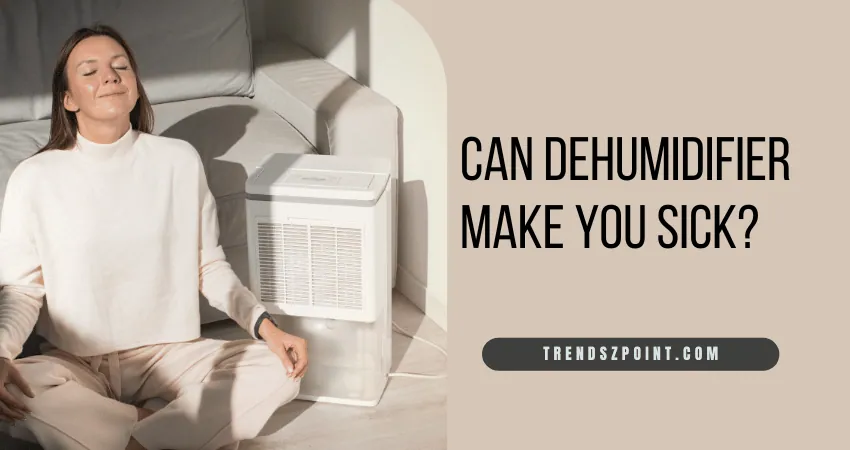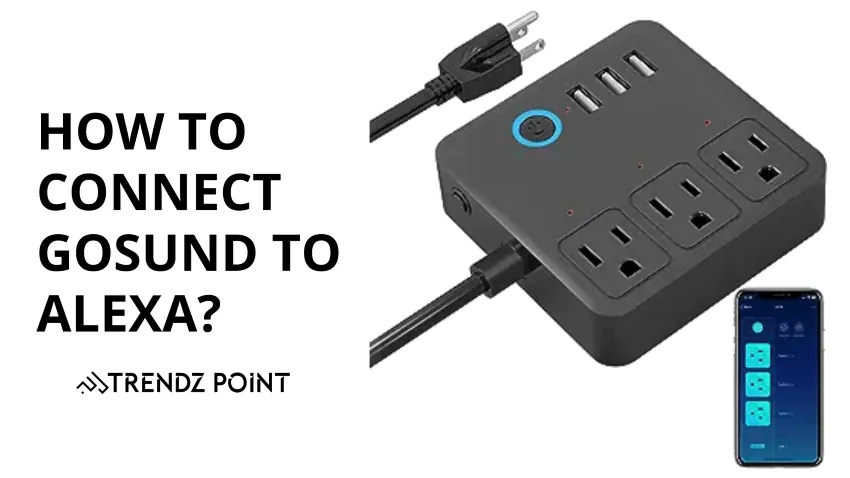
Dehumidifiers are essential appliances for maintaining a healthy and comfortable indoor environment. By controlling humidity levels, these devices help prevent issues such as mold growth, allergens, and poor air quality. However, some individuals may be concerned Can a Dehumidifier Make You Sick? In this article, we will discuss the topic and separate fact from fiction by looking at relevant research and studies.
The Impact of Dehumidifiers on Asthma Control
One study published in the Journal of Asthma investigated the effects of dehumidifiers on asthma control and house dust mite allergen levels in individuals with severe, difficult-to-control asthma.
The randomized controlled trial found that using a dehumidifier led to improved asthma control and a significant reduction in house dust mite allergen levels.
This research suggests that dehumidifiers can be beneficial for individuals with asthma by reducing allergen exposure and improving respiratory symptoms.
Understanding Dehumidifier Use and Health Effects
A review published in the Environmental Science and Pollution Research International examined dehumidifier use and its impact on health. The study analyzed data from the United States and Korea and concluded that when used correctly, dehumidifiers do not pose significant health risks.
However, improper usage, lack of maintenance, and failure to clean the device regularly can lead to the growth of harmful microorganisms, potentially causing respiratory problems. This emphasizes the importance of proper dehumidifier maintenance and adherence to usage guidelines.
Debunking Common Misconceptions
Despite the evidence suggesting the benefits of dehumidifiers, some misconceptions persist. Let’s address a few common myths:
Myth 1: Dehumidifiers make the air too dry
While it’s true that dehumidifiers remove excess moisture, leading to drier air, they are designed to maintain optimal humidity levels between 30% to 50%. Very low humidity levels can cause dry skin, nasal passages, and throat irritation, particularly in individuals with pre-existing respiratory conditions. Proper monitoring of humidity levels is crucial to avoid excessive drying of the air.
Myth 2: Dehumidifiers cause respiratory problems
When used correctly and maintained properly, dehumidifiers do not cause respiratory problems. On the contrary, they can help reduce respiratory issues by controlling allergens, and mold growth, and improving air quality. It is essential to follow manufacturer instructions, clean the device regularly, and ensure proper ventilation for optimal results.
Tips for Safe Dehumidifier Usage
To ensure safe and effective use of a dehumidifier, consider the following tips:
- Choose the right size: Select a dehumidifier that is appropriate for the size of the room or space you wish to dehumidify. An undersized unit may not effectively control humidity, while an oversized one may lead to excessively dry conditions.
- Follow maintenance guidelines: Clean and maintain your dehumidifier regularly. Empty the water reservoir, disinfect it, and clean or replace the filters as recommended by the manufacturer. This helps prevent the growth of harmful microorganisms and ensures optimal performance.
- Monitor humidity levels: Use a hygrometer to monitor the humidity levels in your home. Aim for a relative humidity between 30% to 50%. Adjust the settings on your dehumidifier accordingly to maintain the desired humidity range.
Conclusion
Dehumidifiers play a vital role in maintaining a healthy indoor environment by controlling humidity levels and reducing the risk of mold, allergens, and poor air quality. Research suggests that when used correctly and maintained properly, dehumidifiers do not make you sick. On the contrary, they can help improve respiratory conditions, particularly for individuals with asthma. By following the recommended tips for safe usage and maintenance, you can enjoy the benefits of a dehumidifier and breathe easier in your home.
FAQs
Can a dehumidifier completely eliminate mold growth?
While dehumidifiers can significantly reduce the risk of mold growth, it is important to address the root cause of excessive moisture. Proper moisture control practices, such as fixing leaks and improving ventilation, should be combined with the use of a dehumidifier for effective mold prevention.
Do dehumidifiers consume a lot of electricity?
The energy consumption of dehumidifiers varies depending on the size, capacity, and usage patterns. Energy-efficient models are available, and choosing an appropriately sized unit and using it judiciously can help minimize electricity consumption.
Can a dehumidifier help with allergies?
Dehumidifiers can help reduce allergens such as dust mites and mold spores, which are common triggers for allergies. By maintaining optimal humidity levels and improving air quality, dehumidifiers can contribute to allergy relief.






